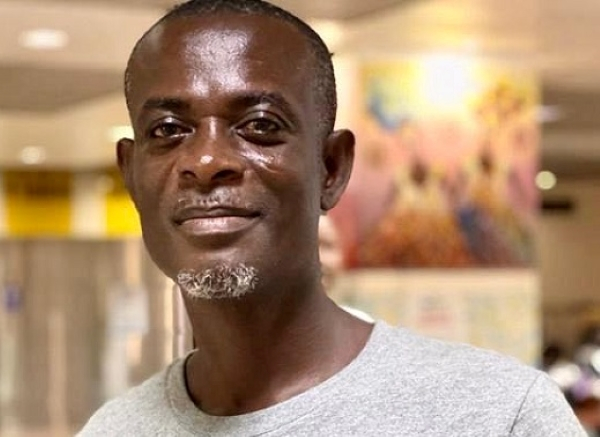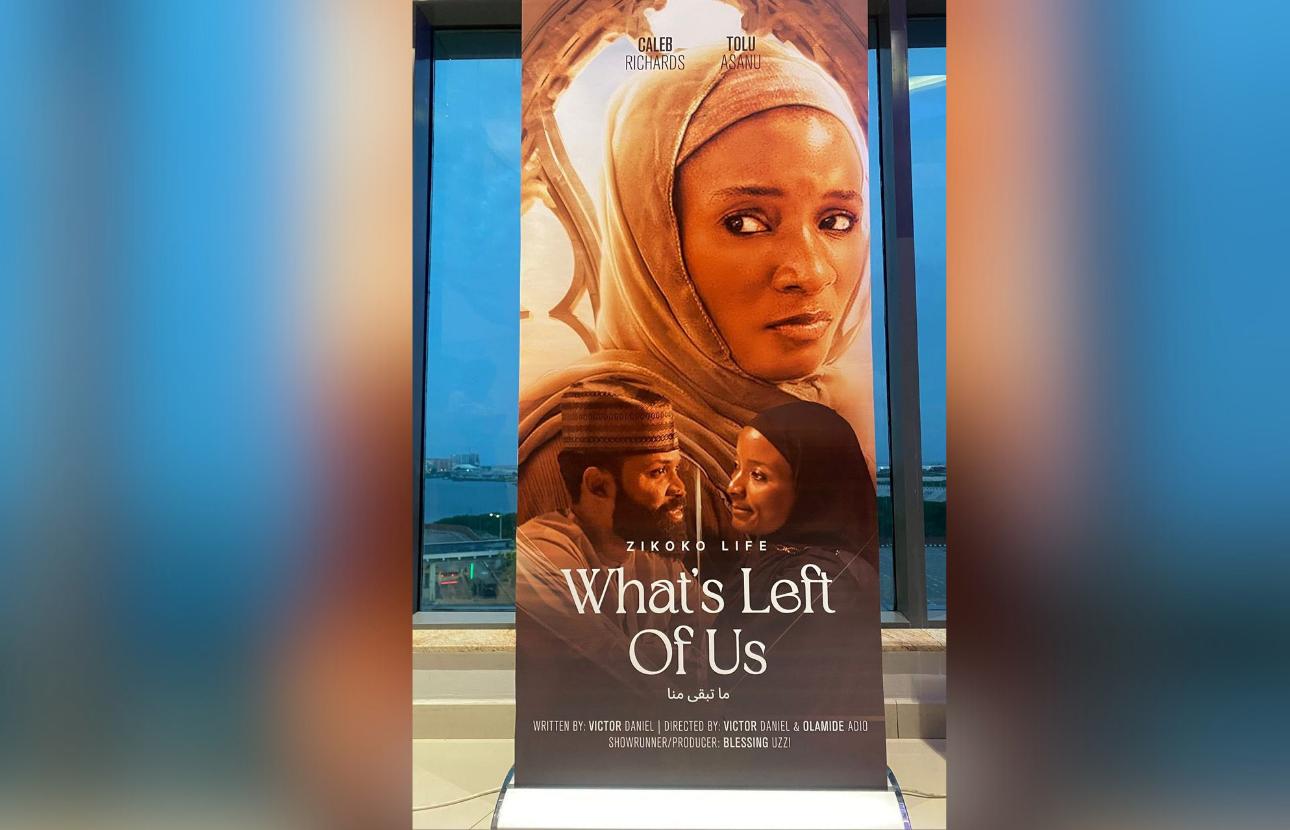~ ~
Set in a steampunk-themed alternate universe, the orphan girl Lyra grows up among scholars in a venerable British college. Reformation and Enlightenment never happened in her world, and the Catholic Church is the supreme political authority across Europe. Through her experiences at Jordan College, we see the struggle of academia with censorship and repression. When a new discovery is made—Dust, seemingly the physical basis of conscience, including its creative, subversive, sexual and rebellious aspects—a race begins to either free it or destroy it. In all this, Lyra tries to navigate big politics and morality the way an 11-year-old would: she has an opinion on most things, doesn’t understand some of them, and mainly tries to keep her friends safe.
The first book in the series, Northern Lights, won the Carnegie Medal and the Guardian Children’s Fiction Award when it was published in 1995. Most readers took the books as an exciting fantasy-mystery-adventure story for young teens, but still thoughtful, political and subtle for adults. Some Christian fundamentalists, however, were less pleased. “By co-opting Catholic terminology and playing with Judaeo-Christian theological concepts, Pullman is effectively removing, among a mass audience of a highly impressionable age, some of the building blocks for future evangelization,” wrote Leonie Caldecott in the Catholic Herald, “JK Rowling doesn’t do this, for all that she is writing about many of the same themes”. When Philip Pullman read those words, he reportedly felt so flattered that he asked his publisher to include the quote on the cover of his books.
But why choose Pullman’s work over global bestseller Harry Potter as a target for criticism? His Dark Materials is, first and foremost, a story about free will—and about people who refuse to be told they can’t think for themselves. Pullman is neither the first nor the last anti-clerical author. But where much of New Atheism understood religion—especially Christianity—as a set of factual claims to be refuted, Pullman showed a deeper understanding of its power.
There are witches and angels in Lyra’s world. But witches are basically immortal, independent, powerful women, while the angels form a fascist state across the many worlds of the story. “Original sin” exists, but on a metaphysical level, it’s a necessary step in the development of consciousness and personhood. The afterlife exists, but it’s a prison camp created by angels to prevent the spirits of the dead from rejoining the world. “God” isn’t the creator of the universe—just the first angel, who made everyone believe he created it. When he is revealed for who he is, we see an ancient, senile being and can’t help but pity him. After this revelation, God dies in an accident. We spend time with Baruch and Balthamos, a gay angelic couple. See the subversive pattern?
Caldecott is right in her assessment: what Pullman is doing is a far more effective attack on organised religion than simply stating that God doesn’t exist. But it’s also a smarter critique. Most children in the West have at least some familiarity with Christian concepts. Such is the power of religion: stories not everyone believes, not everyone likes—but everyone knows. Part of the reason to play with these elements, even as an atheist, is the realisation that they are, for better or worse, part of Western culture—and, through cultural export and domination, also of global culture to a certain degree.
There are different types of atheism, and they reveal a lot about what their proponents think religion is. Many Western atheists don’t realise that theirs is often a Christian denomination of atheism—one that mirrors Christianity even as it negates it. Equating “not religious” with disbelief in angels, a redeeming creator or an afterlife takes Christianity as the model for religion in general.
The interesting question for anyone who knows they have an ideology—religious or otherwise—is whether they also know how it echoes what came before it. Some branches of contemporary Marxism openly accept that communism is, in a way, secularised Christianity with explicit political goals, revolution and liberation replacing Judgement Day and paradise. Similarly, Northern Lights is a deeply anti-Christian book, but one that takes Christianity seriously—not just as an enemy, but with a strand of affection. Pullman understands that there is no clear line to be drawn between religion and culture, but also that stories belong to everyone: images everybody knows are powerful tools for telling new stories.

I re-read His Dark Materials recently as an adult. Most of the things I’ve described here had completely escaped me as a kid. The Magisterium, the theocratic power centre of Europe in the series, conducts gruesome experiments on children to make them easier to control. Pullman notes in passing that other churches in the South engage in genital mutilation for similar reasons. It’s always easy to sit in Europe and write about how bad things are elsewhere. But universalism means things aren’t excused just because they happen in another culture. Pullman showed great sensitivity by focusing mainly on Christianity as a Western author, but he avoids the trap of cultural relativism—the idea that cultures are monolithic and that ethics are entirely subjective.
These are some reasons His Dark Materials still deserves to be read today. Today, large parts of the globe are witnessing a renewed alliance between the far right and religious fundamentalism. To beat them, we mostly need organisation and people—but these people also need education and arguments. The problem is that once people have stable reactionary identities—e.g. as white, Christian, male—and certain political beliefs like nationalism, racism and sexism become part of the self, the space for rational argument shrinks. The political value of Pullman’s books lies in delivering a message through images—telling a very different story with familiar tropes. The point isn’t that gay angels are inherently better than authoritarian straight ones (which they are), but that a story about gay angels works equally well.
His Dark Materials taught my 13-year-old self that religion is fascinating, that there is no shortcut to thinking for ourselves, and that our world, too, is magical. It taught me a healthy dose of suspicion towards authority and that we live in only one of an infinite number of possible worlds. That the struggle for freedom of control is not particular to any one time or society, and that the control of the mind begins with control of the body. Kids today will have fun with this excellent read, but it might also help them become witty, warm, and inquisitive people. And maybe—just maybe—it’ll show them a few ways to think critically about religion and power, lessons that are becoming more important again by the day.










